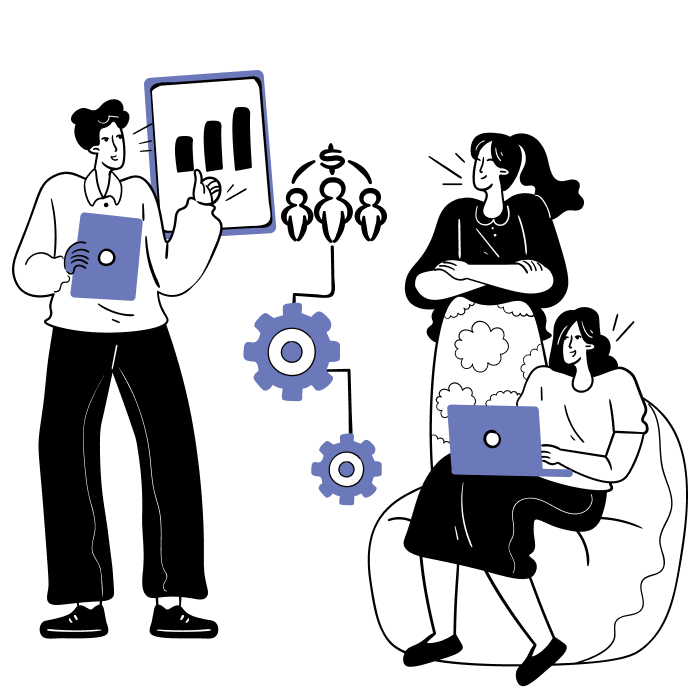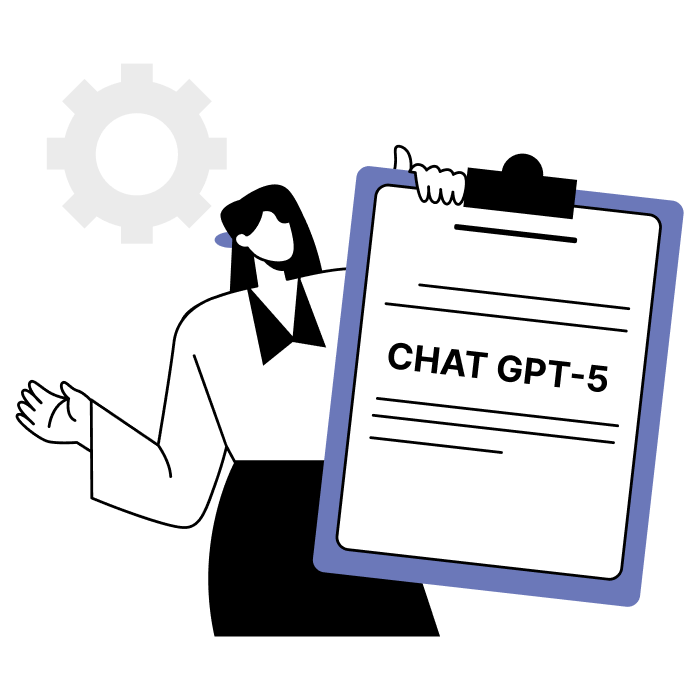Top 5 ways to automate your sales process

Sales is no longer a game of manual follow-ups and never-ending cold calls. In 2025, teams are building entire sales engines powered by automation, from the first outreach email to the final booked meeting.
Whether you’re a startup founder juggling too many tools or a sales leader scaling outreach across markets, automating parts of your process isn’t just a nice-to-have. It’s how you stay competitive.
But as AI technology becomes more advanced, the human touch in sales is becoming more important than ever. These tools aren’t built to replace people. Their real value is in taking over repetitive, time-consuming tasks, freeing up teams to focus on strategy, relationships, and meaningful conversations.
We’ve rounded up five high-impact ways to automate sales today, ranked from useful upgrades to total game-changers.
5th place: Automated email campaigns
Let’s start with the low-hanging fruit: emails.
Sales reps send hundreds of them every week, and most of those emails follow the same predictable pattern: "Hey, just checking in…". Automating that flow not only saves hours but also improves the quality of outreach when done right.
With a good email automation setup, you can build a full sequence: an initial message, a soft follow-up, a “just bumping this up” reminder, and a breakup email. Set it once, and every new lead gets the same structured experience, on autopilot.

Tools like Lavender, Reply.io, and Mailshake help you craft smarter emails by scoring your writing, suggesting better subject lines, and handling scheduling across time zones. Some even integrate with your CRM to personalize emails using real-time data. The beauty of this approach is that it’s easy to implement, measurable, and scalable, even for solo founders.
4th place: AI coaching for sales reps
Training new SDRs takes time, and so does making them great. What if you could put each rep through hundreds of simulated calls before they ever speak to a real lead?
Platforms like PitchMonster use simulated role-play to help reps practice cold calls, objection handling, and discovery questions. Imagine a new team member stepping into a virtual call with a tough CFO persona, fumbling through their pitch, getting feedback from the system, and repeating until it clicks. It’s like giving every rep a personal coach, on demand.
This kind of coaching doesn't replace human managers, but it does take pressure off onboarding and gives reps a safe space to fail, learn, and improve fast. For teams who want consistency without micromanaging, it’s a game changer.
3rd place: Personality-based messaging
Sales is a people game. But understanding who’s on the other side of the Zoom call (or inbox) can take time, unless you’re using AI to do the homework for you.
Enter personality analysis. Tools like Humantic AI and Crystal analyze public data (like LinkedIn profiles or past email tone) to create a personality snapshot of your prospect. Are they analytical or emotional? Fast-paced or methodical? Based on that, the tool suggests how to approach them: short and direct, or detailed and empathetic.
Let’s say you're writing to a VP of Operations who’s all about precision and structure. The system might suggest a more data-driven message with bullet points and a clear CTA, rather than a chatty intro. This kind of hyper-targeted messaging helps reps break through noise without sounding generic.

2nd place: Fully autonomous voice outreach with MilevaAI
Sometimes, reps spend more time building campaigns than actually running them. For teams looking to automate the outreach process from start to finish, MilevaAI brings something rare to the table: a fully autonomous voice SDR that doesn't just support your team, it is your team.

You start by uploading leads, defining your goals, and setting up your AI agent with just a few prompts. From there, the agents make the calls, handle objections, qualify prospects, and book meetings, all without human involvement. You get real-time reporting, total campaign control, and results without hiring a single SDR.
That system clears the repetitive noise so your sales team can focus on the real work, connecting with warm leads, running pitch meetings, and closing deals.
1st place: The all-in-one AI sales engine, built for you
Sales run best when your tools adapt to you, not the other way around. That’s what a custom-built system makes possible.
With custom software tailored to your sales process, you can build a fully integrated engine that reflects how your team works. One platform where you control the messaging, the outreach, the AI agents, the timing, and all the data that connects it.
Want to blend personalized cold emails with DISC-based tone matching? Run automated voice calls with your custom-trained agent? Feed real-time insights back into your CRM and route leads to the right person instantly? You can.
While most tools offer you a slice of the process, custom solutions give you the whole thing, seamlessly connected and fully yours.
Final thoughts
Let’s be clear: sales automation isn’t about replacing people. It’s about removing friction, from outreach to qualification, so your team can do more of what moves the deal forward.
No single tool will magically fix your sales process, but combining the right ideas (and building around your real needs) can transform it completely.
Whether you're starting with email automation, exploring voice agents, or ready to build your own AI-driven sales platform from scratch, the opportunity is clear: let automation handle the repetition, so your team can focus on conversations that matter.
Maybe you don’t need more tools. You need a system that runs like it was built for you, because it was!

Subscribe for smart monthly tech updates.





